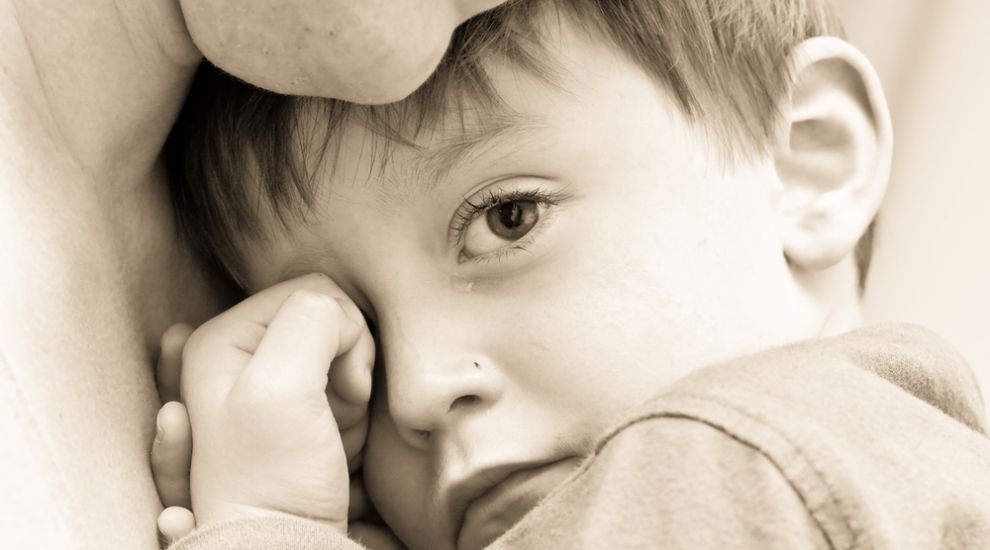


Several changes to Guernsey's Children’s Law, which is meant to reduce delays and improve outcomes for young people and families within the justice and care systems, have been strongly backed by deputies.
Alterations will initially affect a small number of highly complex cases before further changes are rolled out across the coming decade, according to Deputy Al Brouard, President of the Committee for Health & Social Care.
Background
In 2004, the States agreed to reform the family care and justice system to make it unique for the Bailiwick of Guernsey. In 2008, the Law was established which also introduced the Child, Youth and Community Tribunal, as well as the office of Children’s Convenor.
The Law created a distinction between the Tribunal which makes decisions that are temporary in nature and the court which considers emergency and permanent alternative care in the small number of cases where this is needed.
A report was commissioned by a past Scrutiny Committee in January 2015, five years after the implementation of the latest Children’s Law, by Scottish Solicitor Kathleen Marshall to ensure the Law was meeting international conventions.
Ms Marshall made 21 recommendations including strengthening safeguarding, the setting up of an ombudsman, and allowing the Tribunal to be involved in private law disputes.
A cross-committee board was established in 2021 comprising members from Health & Social Care, Home Affairs, Education, Sport & Culture, and Policy & Resources to direct changes to the law. This included Deputies Tina Bury, Sue Aldwell, Sam Haskins, and Jonathan Le Tocq.
Deputy Rob Prow, President of Home Affairs, said the new law “supports and underpins important parts of the Justice Framework… that Framework identifies family justice as one of the four pillars of justice in this community”.

Pictured: The role of the Convenor.
Deputy Lester Queripel highlighted that it was himself and brother, ex-Deputy Laurie Queripel who instigated the Marshall report, and thanked other deputies for the recognition.
“My advice to colleagues who don’t have the experience of trying to resolve parental disputes is; go out and get that experience. Take on one-to-one cases that stretch you and take you way out of your comfort zone,” he said.
“That’s the only way you’ll learn how the system works and what processes and procedures need to be changed.
“I apologise to children and families out in our communities for taking so long to get here, but the good news is we’re here.”
Deputy Le Tocq said Guernsey has a “much better system than we used to have… people who went through a system that was just not fair, not good for their mental health and wellbeing, we’ve improved upon that but there are certainly further improvements to be made”.
But he added that the current system still requires a process of continuous improvement, even after the alterations made to the law yesterday: “There may be things which need further tweaking in due course”.

Pictured: Deputy Al Brouard led the proposals through the States.
Deputy Andrea Dudley-Owen, President of ESC, claimed from an education perspective, a child’s success is multi-facetted: “Most important of all is their family life and anything we can do to support that family life, to support stability, to support nurture, care – we must do.
“A child must in the right place in the morning to access its learning, to be a success at school, to feel it belongs at school. Some of our most vulnerable children’s do not feel that because they can’t get the support from their families, and there’s no judgement from me in that, it is just a fact.”
Deputy Al Brouard thanked the Assembly for their heartfelt contributions throughout a well-mannered debate: “Thanks for the challenge, I think we have got to a better position because of it.
“[Deputy Queripel] has had a hand in the Children’s Law right from the start, and I appreciate his ongoing interest”. Deputy Brouard was unable to guarantee his request for a children’s commissioner under the proposals but claimed it would continue to be considered going forward.

Pictured: Outcomes should be improved for children and families as a result.
Several amendments were laid against the policy letter in the run-up to debate. Most of these were approved by landslides yesterday, with only two narrowly failing to win a majority support from the Assembly.
Most tried to draw the line between the responsibility and powers of the courts and the tribunal more clearly.
The Policy & Resources Committee was also directed to investigate setting up a Channel Islands public service ombudsman to handle family and justice complaints. It must scope the work with the Government of Jersey and report back next summer.
Comments
Comments on this story express the views of the commentator only, not Bailiwick Publishing. We are unable to guarantee the accuracy of any of those comments.